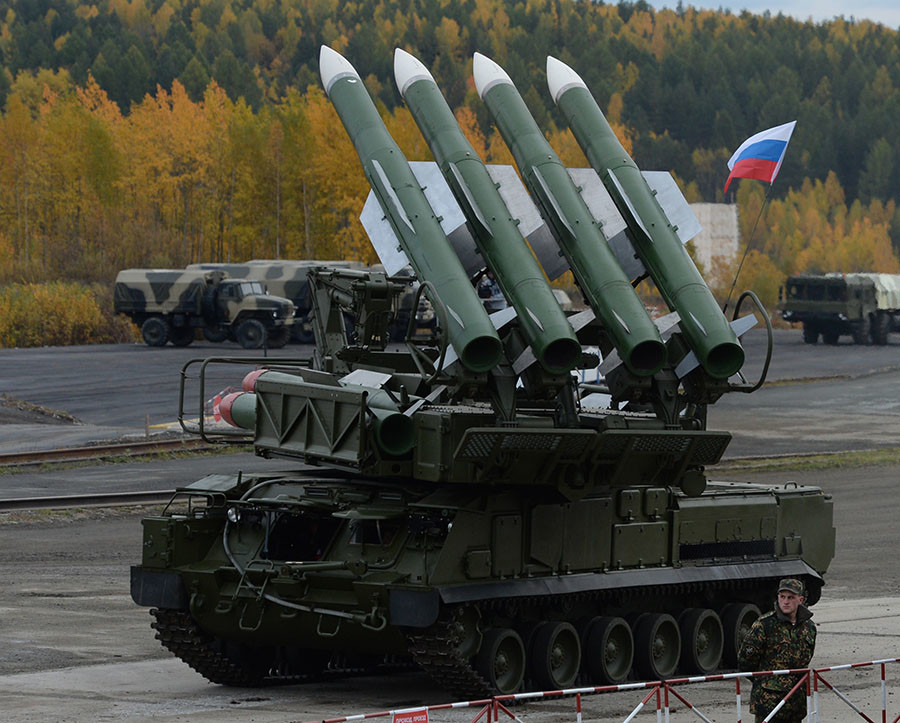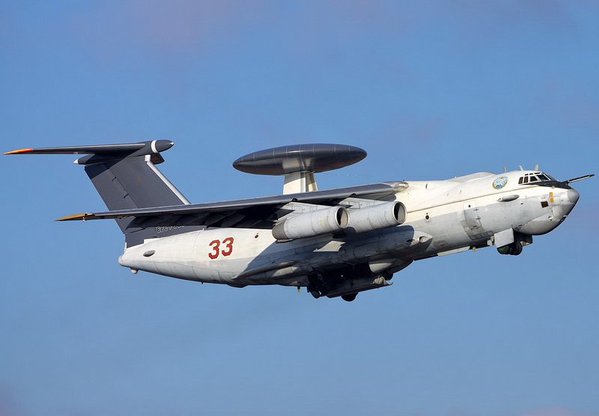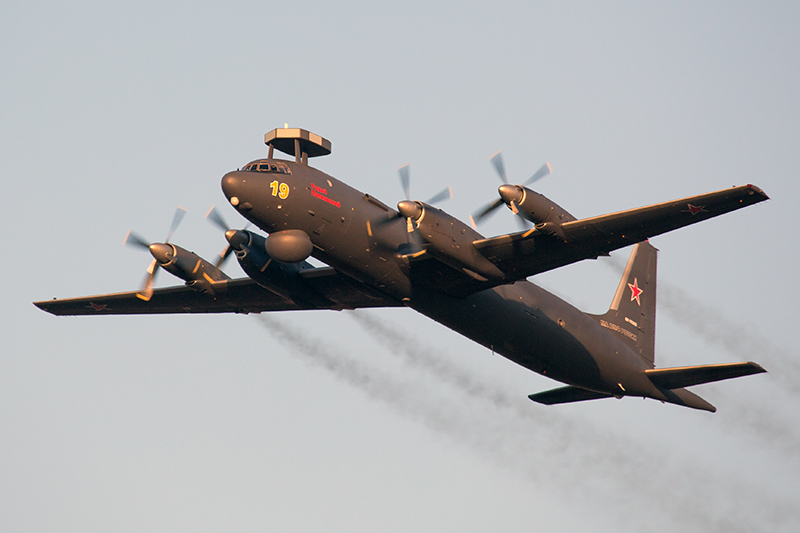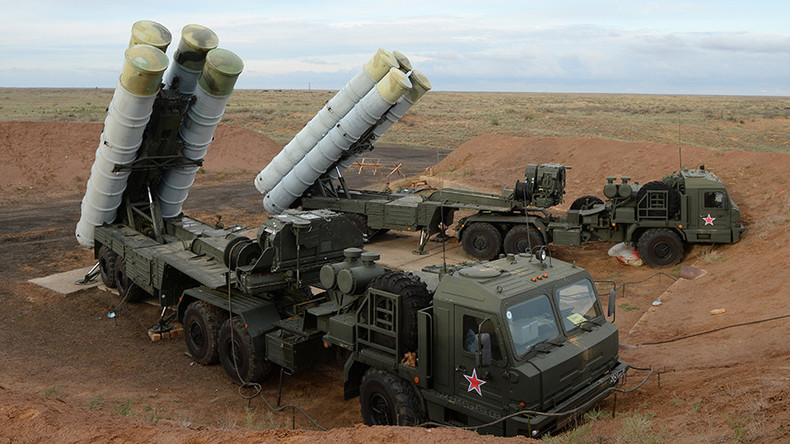Alwaght- Russia's ambassador to Lebanon Alexander Zasypkin has said that his country would respond to any US missiles fired at neighboring Syria by shooting them down and targeting their launch sites.
In an interview with Lebanon’s al-Manar TV on Tuesday, Zasypkin said that "if there is a US missile attack, we - in line with both Putin and Russia's chief of staff's remarks - will shoot down US rockets and even the sources that launched the missiles."
Washington threatened military action against the Syrian government in response to an alleged chemical weapons attack in Douma, which incidentally happened exactly a year after the first such America raid against Syria. In April 2017, President Donald Trump was apparently satisfied with a largely symbolic pounding of a Syrian airbase with dozens of Tomahawk missiles. Syria has denied involvement in the attack with pundits saying the chemical weapons were likely used by terrorists as a false flag attack with the ultimate objective of blaming Damascus and creating a pretext for the US and its allies to attack the country.
With the US and Russia engaged in a public row over the consequences of a possible American attack against Syria, the capabilities that Moscow has to respond to it are a major question.
The current situation appears much tenser, with Russia openly threatening to directly oppose an American attack on Syrian soil. According to a report by RT, Russia’s determination may be questioned, considering its record of not opposing Israeli regime’s raids in Syria, but its capabilities to resist the attack are not in dispute.
The report notes that Russian troops have two primary sites in Syria, the Khmeimim airbase near the northern port city of Latakia, and the naval facility in Tartus in the northern part of the Syrian coast. Both locations are covered by long-range surface-to-air missiles, including S-400 systems deployed near Khmeimim and S-300VM ones defending Tartus. Both systems have a reported range of up to 400km, depending on the missile used, and are considered among the world’s best long-range anti-missile systems currently in service.
 The Buk-M2E surface-to-air missile (SAM) system
The Buk-M2E surface-to-air missile (SAM) systemComplementing those S-400 interceptors are shorter-range systems, including the middle-range Buk-M2 and the short-range Pantsir S1. The systems are meant to project layers upon layers of anti-access/area denial coverage, defending a strategic site from any threat, from small armed drones and low-flying aircraft, to tactical ballistic missiles.
The presumed weak spot of Russian long-range air defense systems is target acquisition, which requires additional radar coverage. In Syria, it is unlikely to be a problem, however, considering Russia’s use of its counterpart to AWACS, the A-50 airborne radar, and reports that its air defenses have been integrated with older Soviet assets used by the Syrian troops.
 A-50 early warning aircraft
A-50 early warning aircraftThe US may try to overwhelm the Russian systems with a barrage of missiles, but the efficiency of the strike will still be significantly reduced.
In a limited missile attack scenario, the Russian military may deliver on the threat it made and retaliate against the origin of the missiles – the US guided-missile destroyers and possibly attack submarines currently deployed in the Mediterranean. Attacking them with lethal force would be a major escalation in the conflict, but the Russian military may use a limited response – using airborne electronic warfare equipment to harass the American ships, messing up their target acquisition, geolocation or even AEGIS anti-aircraft systems. The extent of damage this may cause is debatable, but it would certainly make the job of destroying whatever targets the US command has in mind in Syria a great challenge.
Russia has also reportedly deployed it modernized Il-38N anti-submarine warfare aircraft ready to target US submarines involved in possible strike against Syria.
 Il-38N anti-submarine warfare aircraft
Il-38N anti-submarine warfare aircraftRussia has been conducting air raids against ISIS and other terrorist groups inside Syria at the Damascus government’s request since September 2015.
On the contrary, the US and its allies back militants fighting to topple the Syrian government. American warplanes have been bombing Syria since September 2014 without any authorization from Damascus or a UN mandate, which has seriously damaged the country's infrastructure.



























